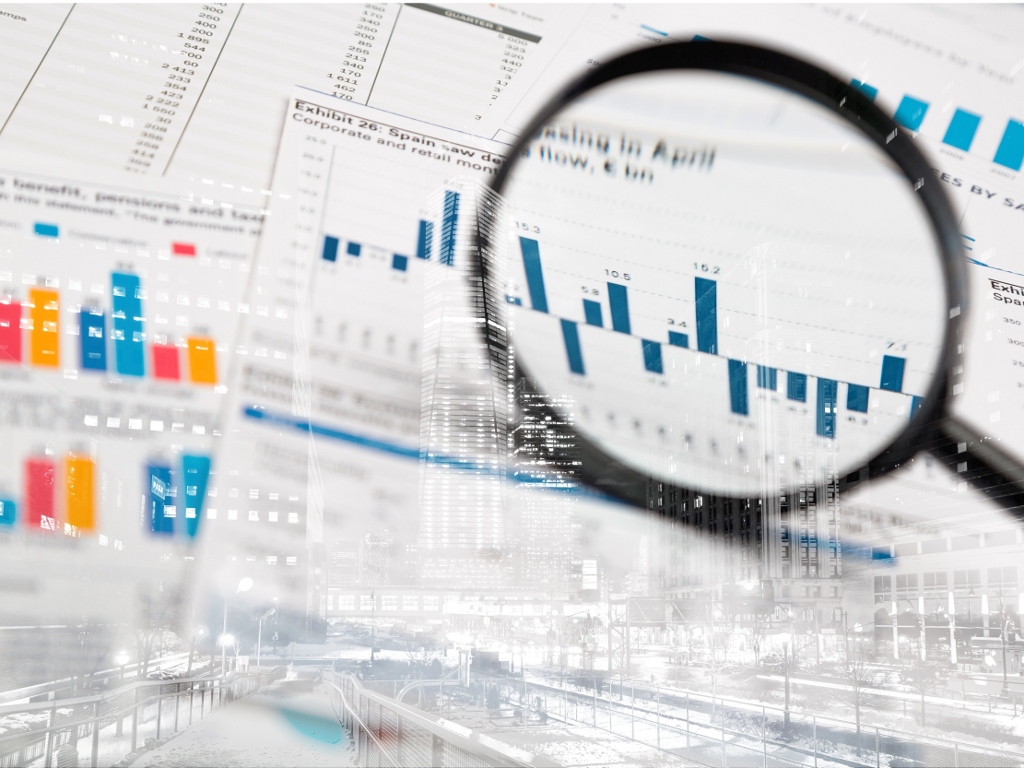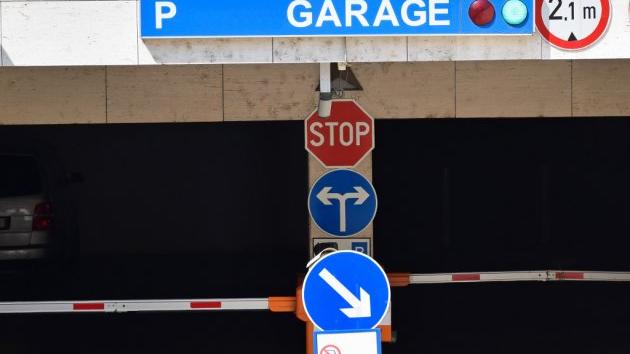Standard & Poor's raises Serbia's credit rating ŌĆō A step closer to getting investment grade
 Wednesday, 18.12.2019.
Wednesday, 18.12.2019.
 09:35
09:35

ŌĆō This speaks of the low level of investments in all kinds of assets, from government bonds to bonds issued by public and private companies. The macroeconomic foundations of Serbia have improved and, according to Standard & Poor's, they are on an upswing ŌĆō Djuricin told Tanjug.
As he says, there are no visible risks of upsetting the fiscal balance, the growth is at a relatively high degree, the unemployment has dropped, and the coverage of the current balance deficit is full.
Djuricin also says that, in the medium term, Serbia is heading towards having the current deficit at around 5%, which can be easily covered by foreign direct investments and expansion of exports.
ŌĆō So, the macroeconomic foundations of the system are better and they inform international investors that the risk of investing in our country is smaller than it was in the previous period ŌĆō professor Djuricin emphasized.
What does lie ahead, he says, is for the country to find a way of turning the fiscal stability into sustainable economic development.
He says that Serbia needs to concentrate on several large priorities.
ŌĆō We need to connect our most profitable resources with a development strategy. Serbia needs clear structural and industrial policies in the upcoming period, such as will increase the quality of our production, that, is, the degree of added value, keep the people with the highest qualification level and contribute to raising the overall technological level of the industry ŌĆō Djuricin believes.
He said that ŌĆ£the price of our debt is already at 1.5% of the coupon rate, which is nearly fantasticŌĆØ and added that, in general, the debt price was dropping everywhere around.
ŌĆō I believe that this will not be a sustainable policy of the central banks of the USA, Japan and Europe in the long term, as an extra low reference interest rate runs against some fundamental principles of economics, and one of those principles is the temporal value of money ŌĆō Djuricin says.
He expects things to be set up on different foundations and not on negative policy rates or potentially extra low interest rates in the upcoming period, especially when Europe starts investing more from the primary emission into RES and circular economy, energy and infrastructure.
ŌĆō So, it's good to use this momentum and reorient from the policy of savings and balancing the income and the expenditures to a policy of intelligent development that would not lead us into the field of dubious finance ŌĆō Djuricin concluded.
Most Important News
06.04.2024. | Agriculture
Preconditions for Placement of Fresh Blueberries and Dried Plums in Chinese Market Secured

16.04.2024. | News
Jovan Ciric, Leasing Director Retail MPC Properties ŌĆō MPC Echo symbolizes our desire for good ideas and innovative endeavors to spread freely and bring about positive changes

16.04.2024. | News
10.04.2024. | Finance, IT, Telecommunications, Tourism, Sports, Culture
Creative Industry ŌĆō What This Serbian Economy Sector Worth EUR 2 Billion Encompasses

10.04.2024. | Finance, IT, Telecommunications, Tourism, Sports, Culture
22.04.2024. | Transport
City of Belgrade selling garages ŌĆō Initial price EUR 7,000

22.04.2024. | Transport
16.04.2024. | News
Economy Fair in Mostar opens ŌĆō 26 companies from Serbia exhibiting

16.04.2024. | News
22.04.2024. | News
German retail chain Mix Markt to open first stores in Serbia in three locations on April 29

22.04.2024. | News


 Izdanje Srbija
Izdanje Srbija Serbische Ausgabe
Serbische Ausgabe Izdanje BiH
Izdanje BiH Izdanje Crna Gora
Izdanje Crna Gora


 News
News








